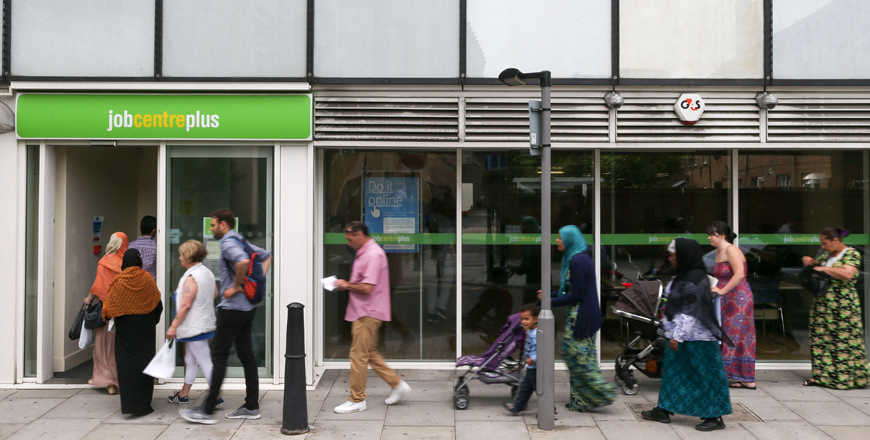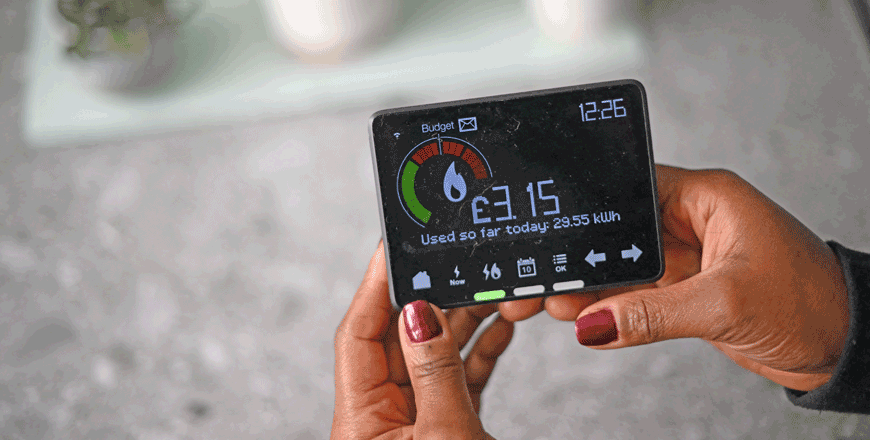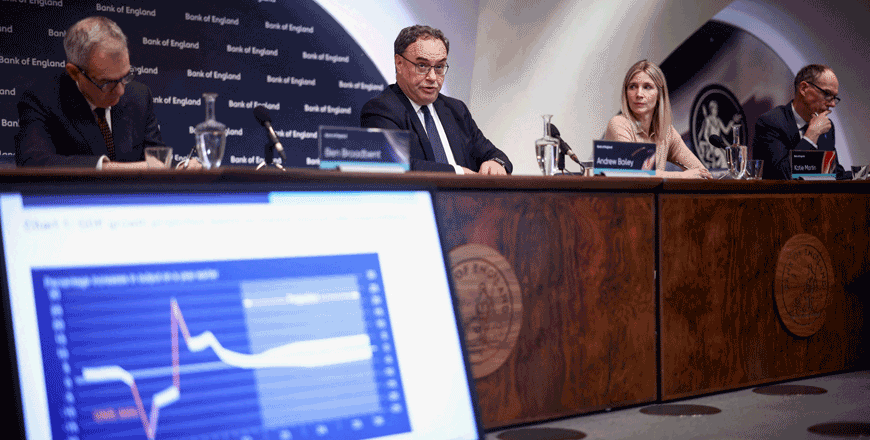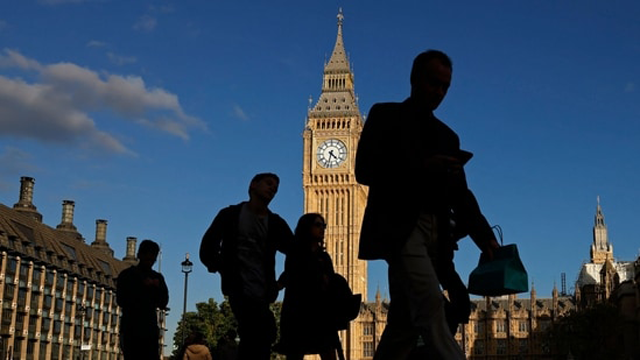You are here
UK unemployment climbs as wages grow at record rate
By AFP - Aug 15,2023 - Last updated at Aug 15,2023

People queue to enter a job centre in east London on July 20, 2016 (AFP photo)
LONDON — UK unemployment increased in the three months to the end of June while wages grew at record annual pace, official data showed on Tuesday, as the economy struggles with high inflation.
The number of people out of work increased to 4.2 per cent compared to 4.0 per cent in the three months to the end of May, the Office for National Statistics (ONS) said.
The rise is "mainly due to people taking slightly longer to find work than those who started job hunting in recent months," said Darren Morgan, director of economic statistics at the ONS.
He added that the number of people "prevented from working by long-term sickness has risen again to a new record".
The UK finance ministry noted that Britain's unemployment rate was lower than that of Canada, France, Italy, Spain and the Euro area.
While the unemployment rate is the highest since the period from July to September 2021, the ministry added that it remains "low by historical standards".
The ONS figures also showed that regular pay excluding bonuses was 7.8 per cent higher in the three months to the end of June compared to the same period last year.
This is the highest annual growth rate since comparable records began in 2001.
"Coupled with lower inflation, this means the position on people's real pay is recovering and now looks a bit better than a few months back," Morgan said.
UK annual inflation stands at 7.9 per cent, the highest among G-7 nations, while the Bank of England is tasked by the UK government with keeping annual inflation at around 2 per cent.
Further rate hike
The Bank of England has hiked its key interest rate several times since late 2021 and analysts predict that the central bank will increase its rates further following today's figures.
"The fall in employment in the three months to June and further rise in the unemployment rate will be welcomed by the Bank of England as a sign labour market conditions are cooling," said Ruth Gregory, deputy chief UK economist at Capital Economics.
But she added that with wage growth still accelerating, the Bank of England is likely to increase its key rate to 5.5 per cent "before it brings its tightening cycle to a close".
"There was always the likelihood that today's unemployment and wages numbers would give the Bank of England a headache when it comes to deciding what to do when it comes to further rate increases," said Michael Hewson, chief market analyst at CMC Markets UK.
"And this morning's numbers have not just given the central bank a headache, but a migraine," he added.
For Susannah Streeter, head of money and markets at Hargreaves Lansdown, the record annual wage growth means another rate hike from the Bank of England "looks bolted on in September".
According to a report by the Chartered Institute of Personnel and Development published Monday, 40 per cent of British employers making a counteroffer have offered a higher salary amid persistent labour shortages.
At the same time, workers across the economy have over the past year staged industrial action to demand pay rises in response to the worst cost-of-living crisis in a generation.
According to the ONS, 160,000 working days were lost because of labour disputes in June, and over half of those were in the health and social work sector.
Related Articles
LONDON — Britain's annual inflation rate dropped sharply in July to a 15-month low, official data revealed Wednesday, off the back of lower
LONDON — The Bank of England (BoE) on Thursday lifted its key interest rate to the highest level since the 2008 financial crisis, noting inf
LONDON — British inflation has jumped to a 41-year high on soaring energy and food bills in a worsening cost-of-living crisis, data showed W


















